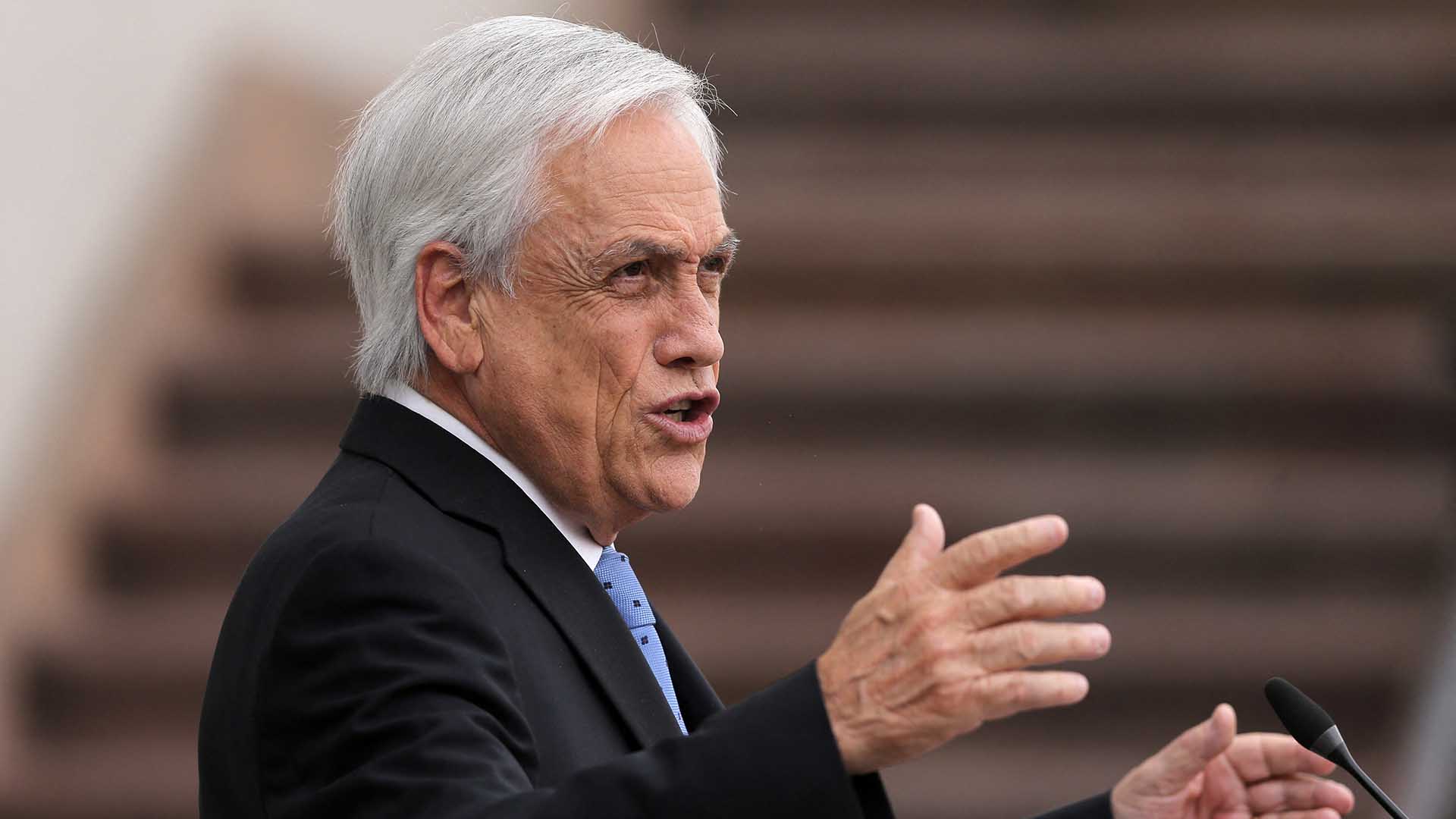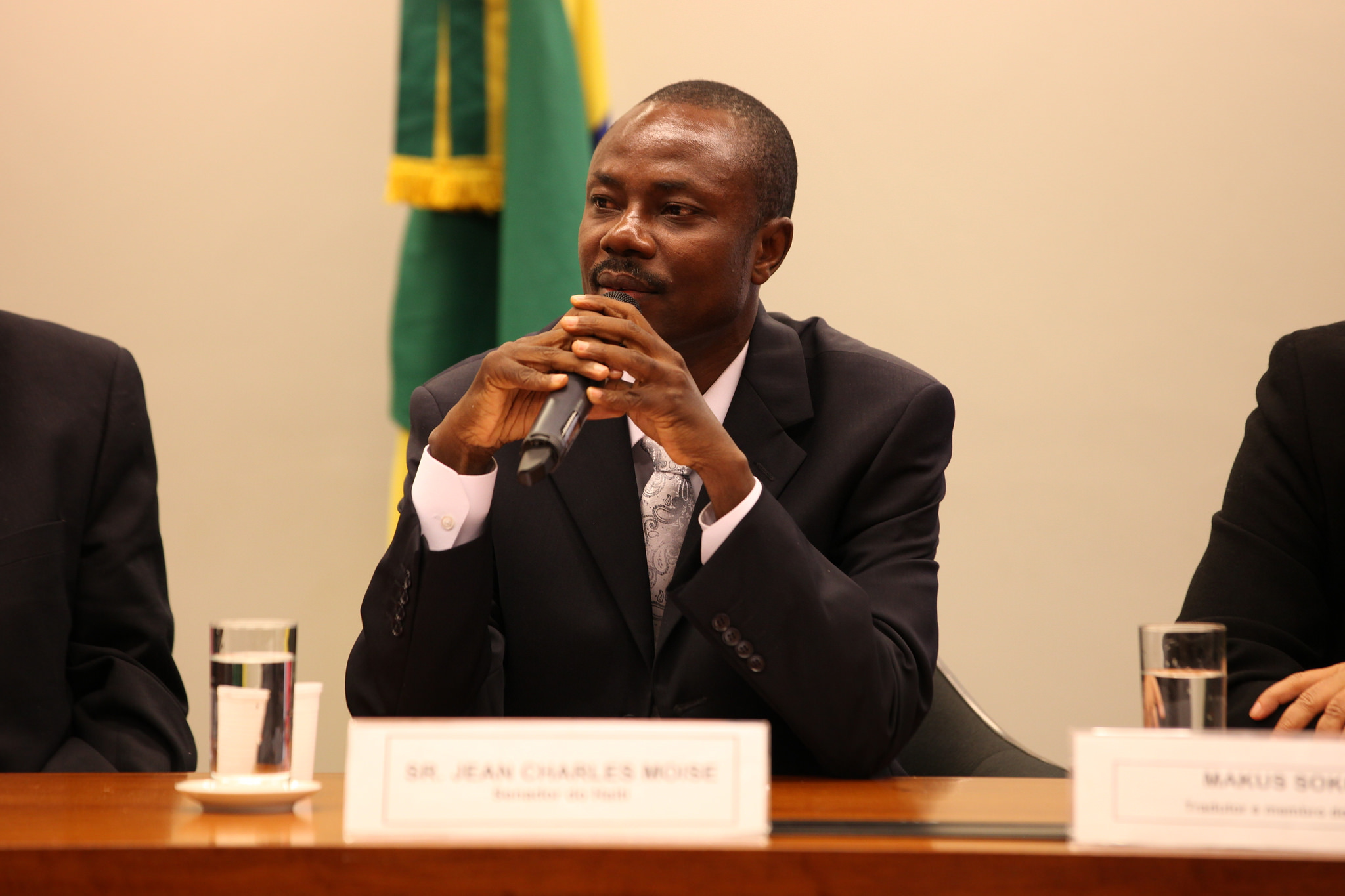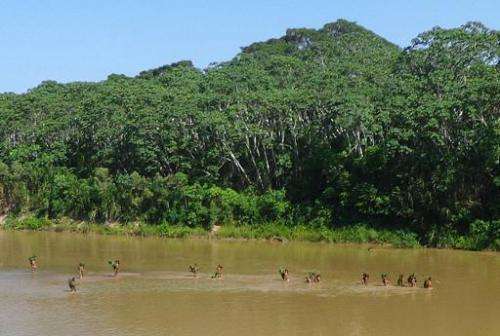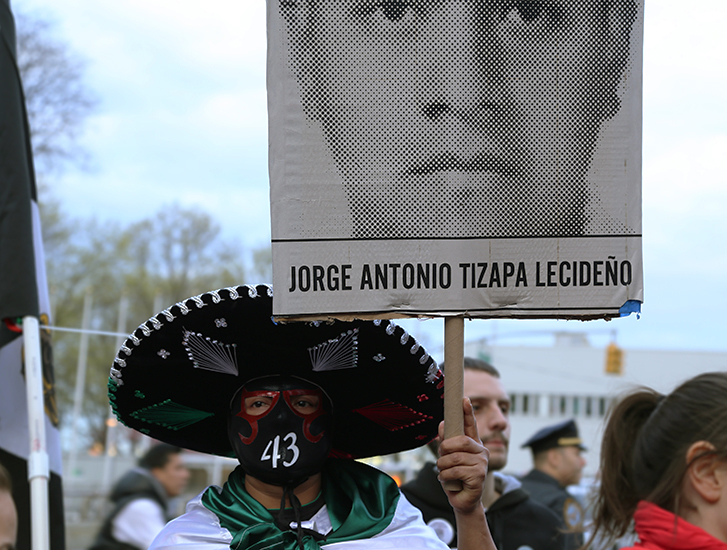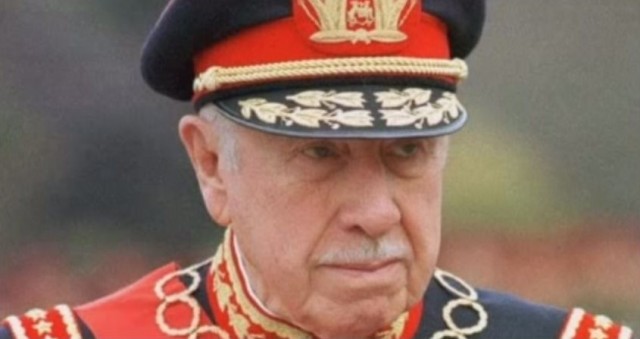
Blog, Chile, Latin America: Week in Review
Arrests in Pinochet-Era Death of U.S. Citizen
July 23, 2015 By Staff
Authorities in Chile have arrested five former military officers and two former non-commissioned officers in connection with the 1986 burning death of a U.S. citizen and one other person, an infamous episode of the latter part of the dictatorship of Gen. Augusto Pinochet.
Five of the seven arrested on Tuesday testified in front of judge Mario Carroza for more than nine hours. They are accused of dousing two demonstrators with gasoline and setting them on fire during a protest in 1986 against the dictatorship.
The arrests resulted from an investigation prompted by testimony in November from a former military conscript, after the case was reopened the previous year.
One of the victims, Rodrigo Rojas de Negri, was a Chilean-born U.S. citizen who later died of his burns. Carmen Gloria Quintana, who survived but was badly scarred, told Chile’s Cooperativa that she recalls being treated by President Michelle Bachelet, who was then working as a physician.
The case has other echoes in contemporary Chilean politics. Amid a crisis in Bachelet’s popularity due to several scandals, the conservative UDI party has seen some of its members placed under arrest or investigation for crimes during Pinochet’s dictatorship, which lasted from 1973 to 1990. The UDI party’s secretary-general said on Wednesday that while he condemns the crime under investigation, “one gets the sensation that some people, only some people, are more interested in taking advantage politically than really learning the truth,” according to local media.
Headlines from the Western Hemisphere
North America
- The U.S. Drug Enforcement Agency speculates that Joaquín “El Chapo” Guzmán will “try to regain the control that he lost,” now that he has escaped from a high-security prison in Mexico, noting that the drug-trafficking landscape has shifted considerably since he was originally imprisoned over a year ago.
- U.S. President Barack Obama’s foreign policy towards Cuba has enjoyed “increasing support,” according to a new poll from the Pew Center, which also shows that bipartisan support is growing for an end to the U.S. economic embargo against Cuba.
Caribbean
- Stonegate bank from South Florida has become the first U.S. bank to sign a correspondent relationship with Cuba, another step in normalizing commercial relations between the two countries.
- Additionally, Airbnb, which reportedly has over 2,000 listings in Cuba currently, is offering free stays on the island for a week in honor of Cuba and the United States opening embassies in one another’s countries on Monday.
- Thousands of Haitians marching in Port-au-Prince Tuesday demanded their government ban imports from the Dominican Republic in protest of the ongoing deportation of people of Haitian descent from the neighboring country. Many Haitian refugees face a “heartbreaking” situation in which they are caught between two countries, according to a new story from Slate.
Central America
- Guatemalan mayoral candidate Horacio Quiñones and three of his body guards were shot and killed, according to a Wednesday statement, adding to the death toll connected to upcoming elections.
- The United Nations condemned the pollution of a river in northern Guatemala that supplies water and fish to thousands, blaming pesticides used in the production of African palm oil.
Andes
- A grenade exploded on Wednesday at a circus in Lima, Peru, wounding 11 in an attack thought to be carried out by extortionists.
Southern Cone
- Hundreds of on-strike miners from the Bolivian city of Potosí clashed with police in the capital city of La Paz on Wednesday during a protest calling for more government investment in public works.
- Influential Brazilian Senator Romero Juca has told Reuters that his PMDB party, the country’s largest, will support austerity measures proposed by President Dilma Rousseff, applauding the spending cuts as a necessary step amid Brazil’s deepening economic crisis.
- Brazil is set to deploy 4,200 troops along its border with Bolivia and Paraguay in order to cut down on smuggling in the region.

